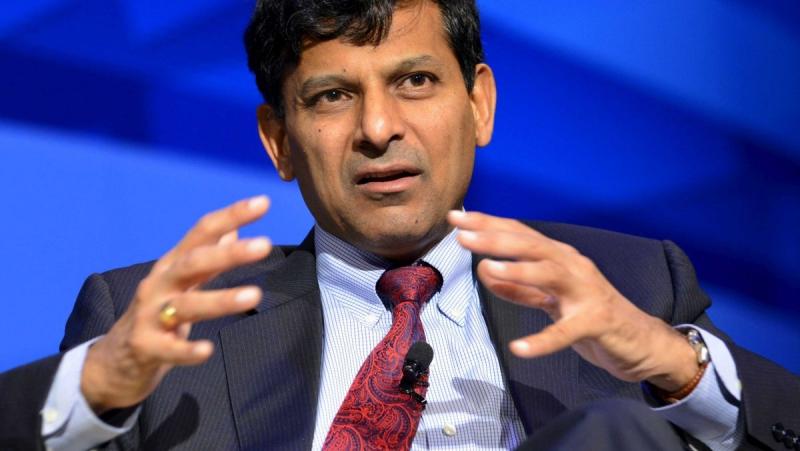/ world today news/ The governor of India’s central bank, who predicted the financial crisis of 2007-8, is now warning of the possibility that the world is gradually heading for another Great Depression. Speaking at an economic conference at the London Business School last month, Raghuram Rajan, governor of the Reserve Bank of India, said that the monetary policies of leading developed nations were setting the stage for conditions similar to those that led to the Great Depression.
I worry that we are slowly running into problems similar to those of the 1930s in our attempts to grow. I think this is a problem for the world. It’s not just a problem for industrial countries or emerging markets, it’s a wider game today.
Rajan, whose previous job was at the IMF as chief economist, spoke of central banks’ efforts to make full use of low interest rates to spark economic growth in the aftermath of the global financial crisis. These policies, better known as quantitative easing, have been implemented by the central banks of the USA, the EU and Japan.
Quantitative Easing (QE) stimulates borrowing in the domestic economy, which helps to combat high unemployment. It also keeps currencies weak, making exports more competitive on the world market and imports more expensive.
COs in developed countries also create what Rajan and others call the “spillover” effect in less developed countries such as India. More specifically, investors are leaving developed countries for developing countries in search of higher profits. In his words, KO created quick money for developing economies who then cannot manage profit.
This creates a lot of volatility and can turn developing economies upside down, especially when CUs “go to waste” in developed countries and investors start to pull out of developing countries where they have invested so far. Also, countries that are not involved in the CO lose their competitiveness, which in turn causes harm to exports.
The Indian economist’s fear is that these latest actions could prompt countries to take countermeasures to regain market shares, similar to what they did in the 1930s. As he stated at the conference last month: The question is, are we getting into a situation where, by trying to create growth out of nothing, we’re not actually creating growth, we’re just passing it on to each other. Of course, there is a history of this during the Great Depression when we found ourselves in a competitive devaluation.
This is not the first time the economist has raised this question. On one of the many occasions he wrote in his article: Central banks, in their efforts to preserve capital and keep currencies weak, risk locking themselves in a CO cycle aimed at maximizing their countries’ share of deficient global demand.
At the conference and in the article cited above, Rajan stated that the IMF should create the rules of the game and to help coordinate different policies. However, after his statements received media attention in India, the Reserve Bank of India sought to refute his claims.
In a statement shortly after his speech, the bank said: Raghuram Rajan does not imply or claim that there is any risk of the world economy, which is gradually recovering, facing difficulties, such as in the Eurozone, of falling into another Great Depression.
According to the statement, what he meant was that FrThe policies pursued by major central banks around the world are in danger of falling into strategies pursued in the 1930s.
As the governor of such a bank, Rajan has an interest in deterring KOs in developed countries like India, which are often victims of these policies. However, the Indian economist was warning about these things long before he took office.
Moreover, his views should be taken seriously because he is one of the few economists who predicted the global financial crisis. When he first warned of the looming crisis, most leading economists dismissed his claims.
Translation: Evgeni Rushev
#headed #Great #Depression

